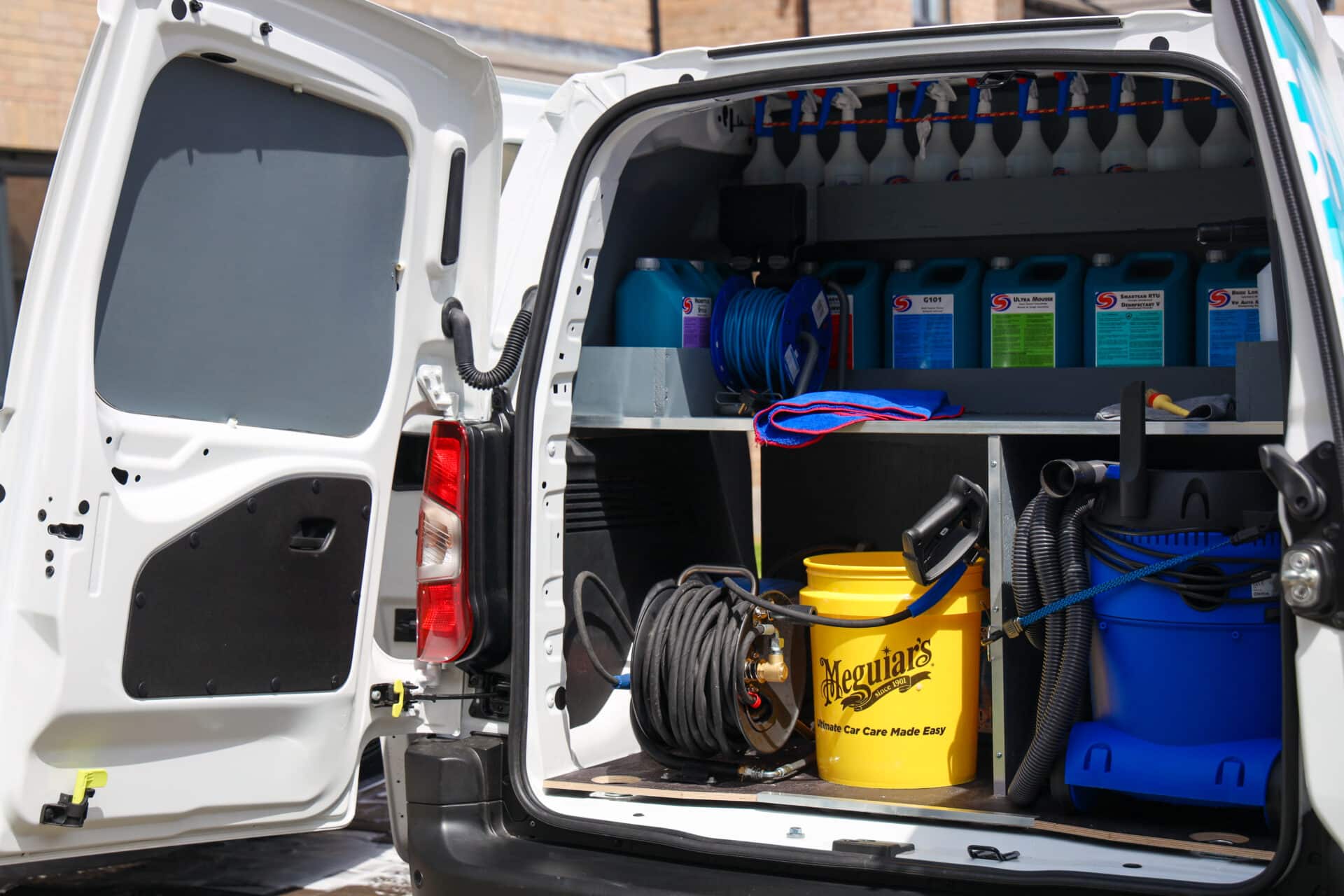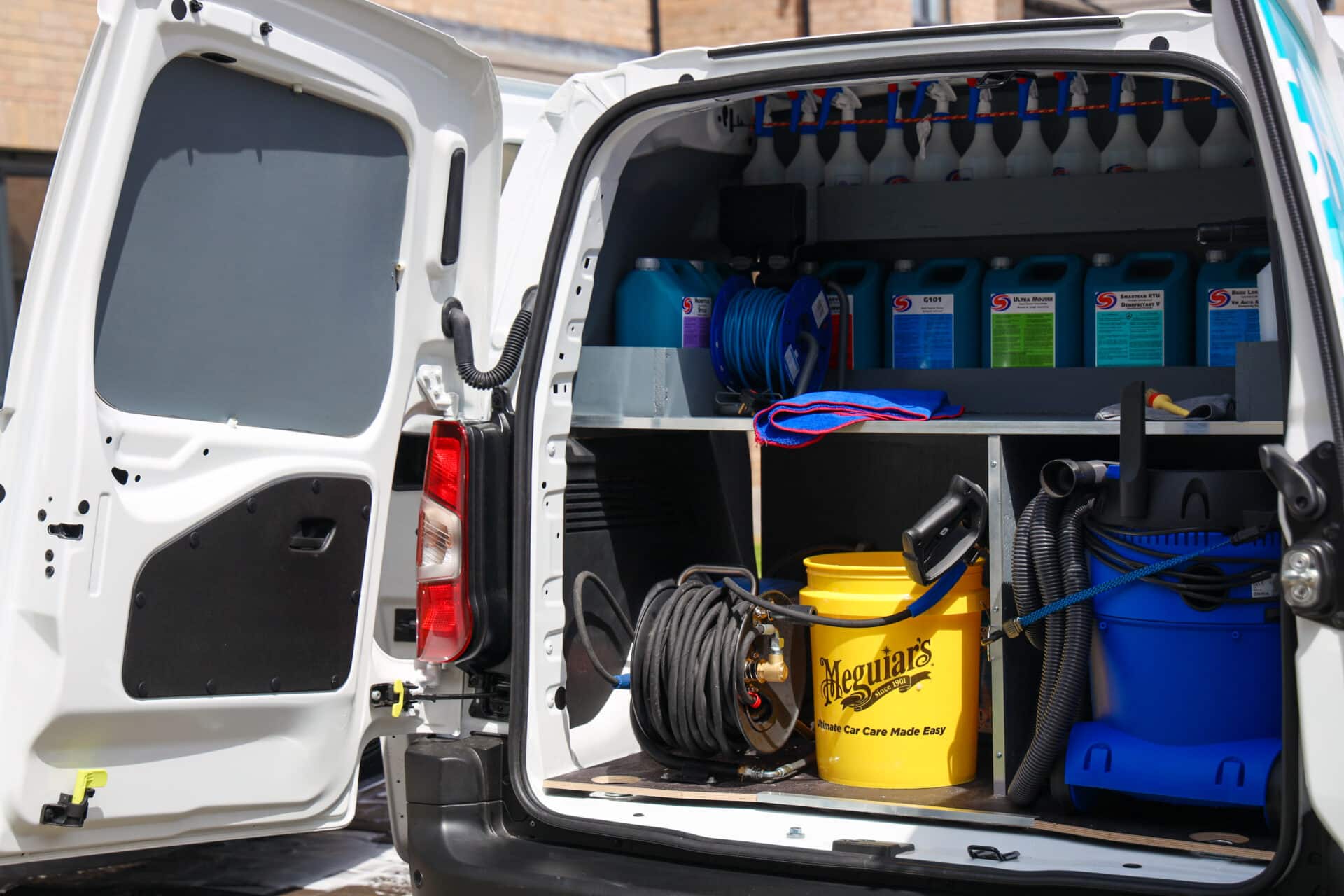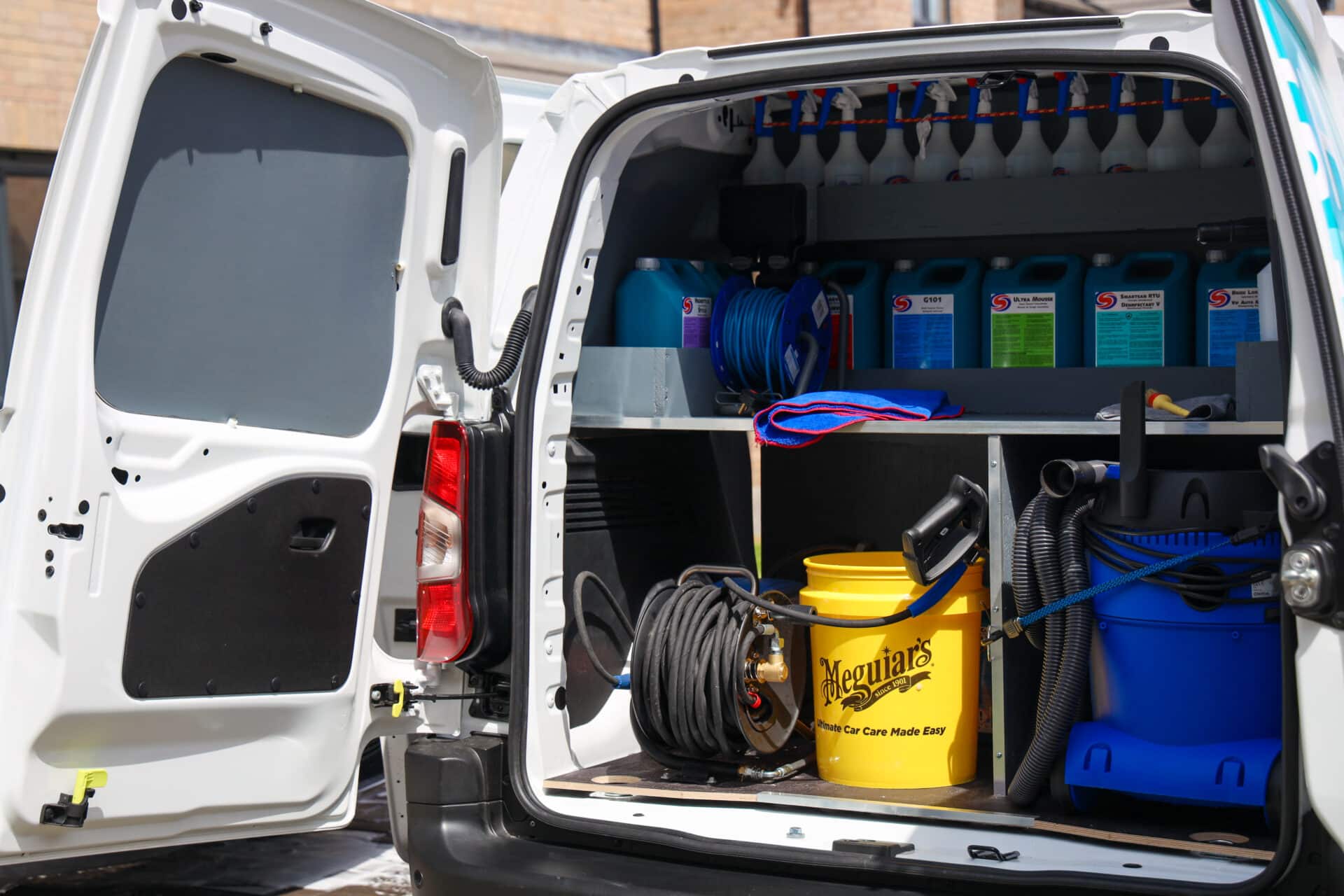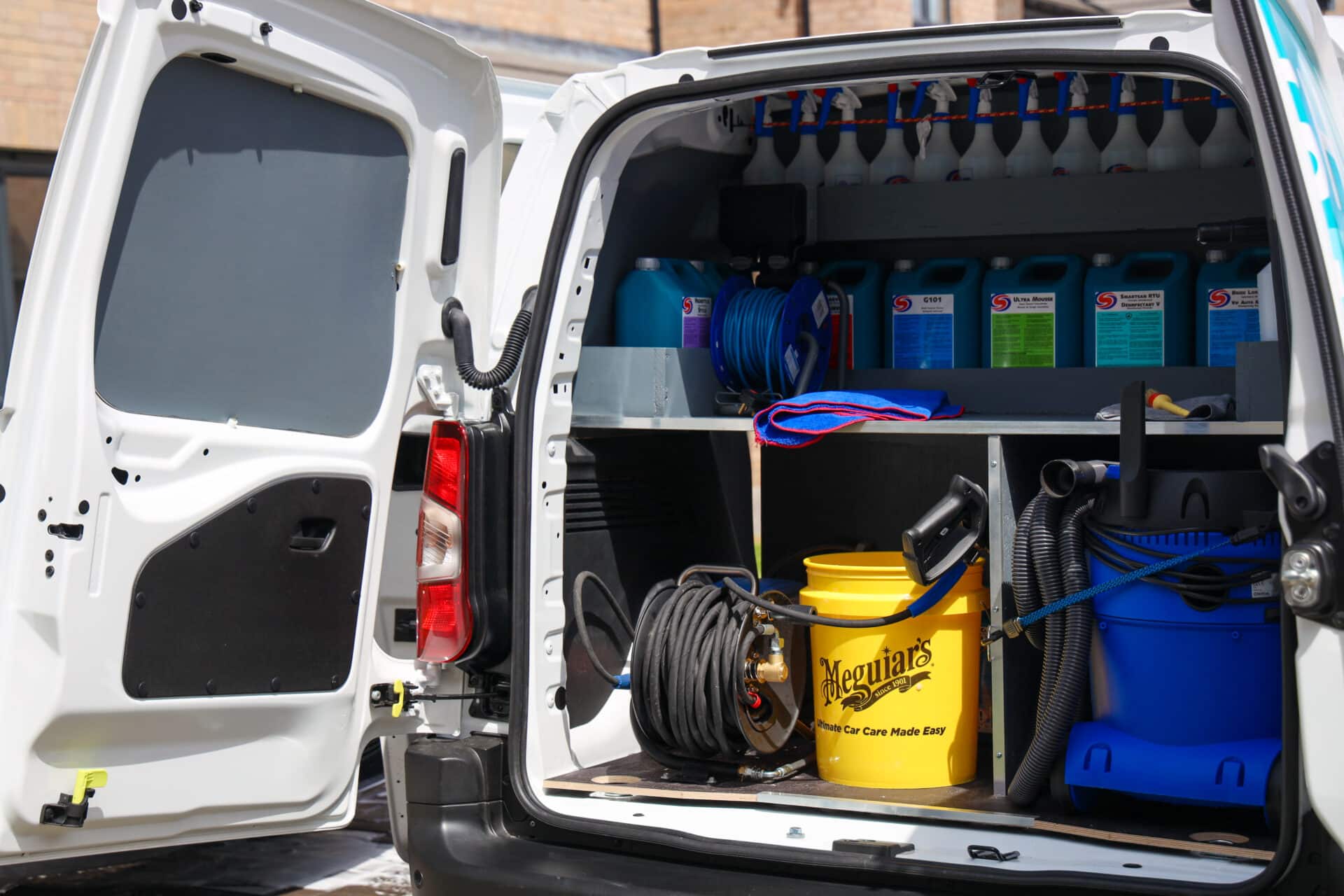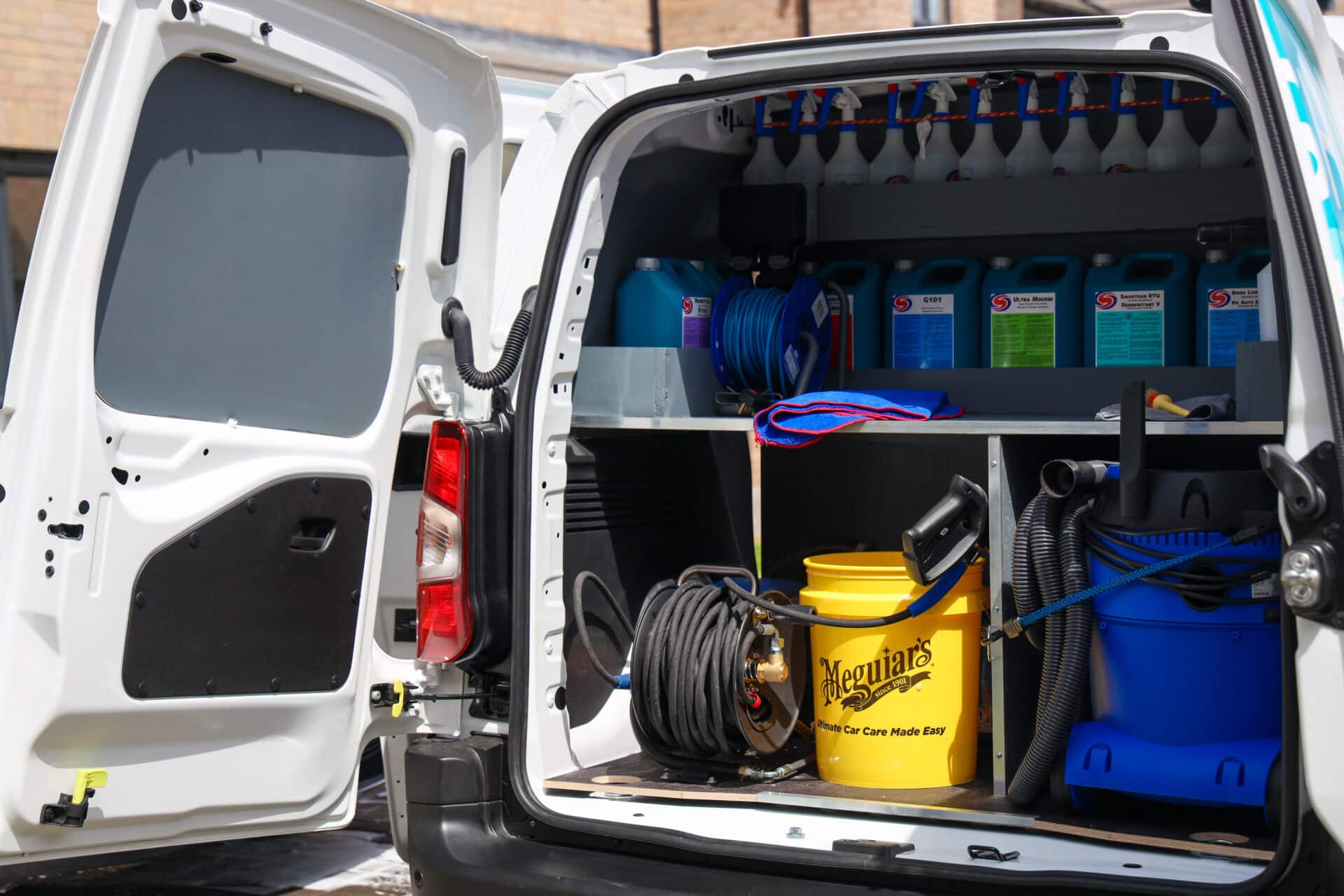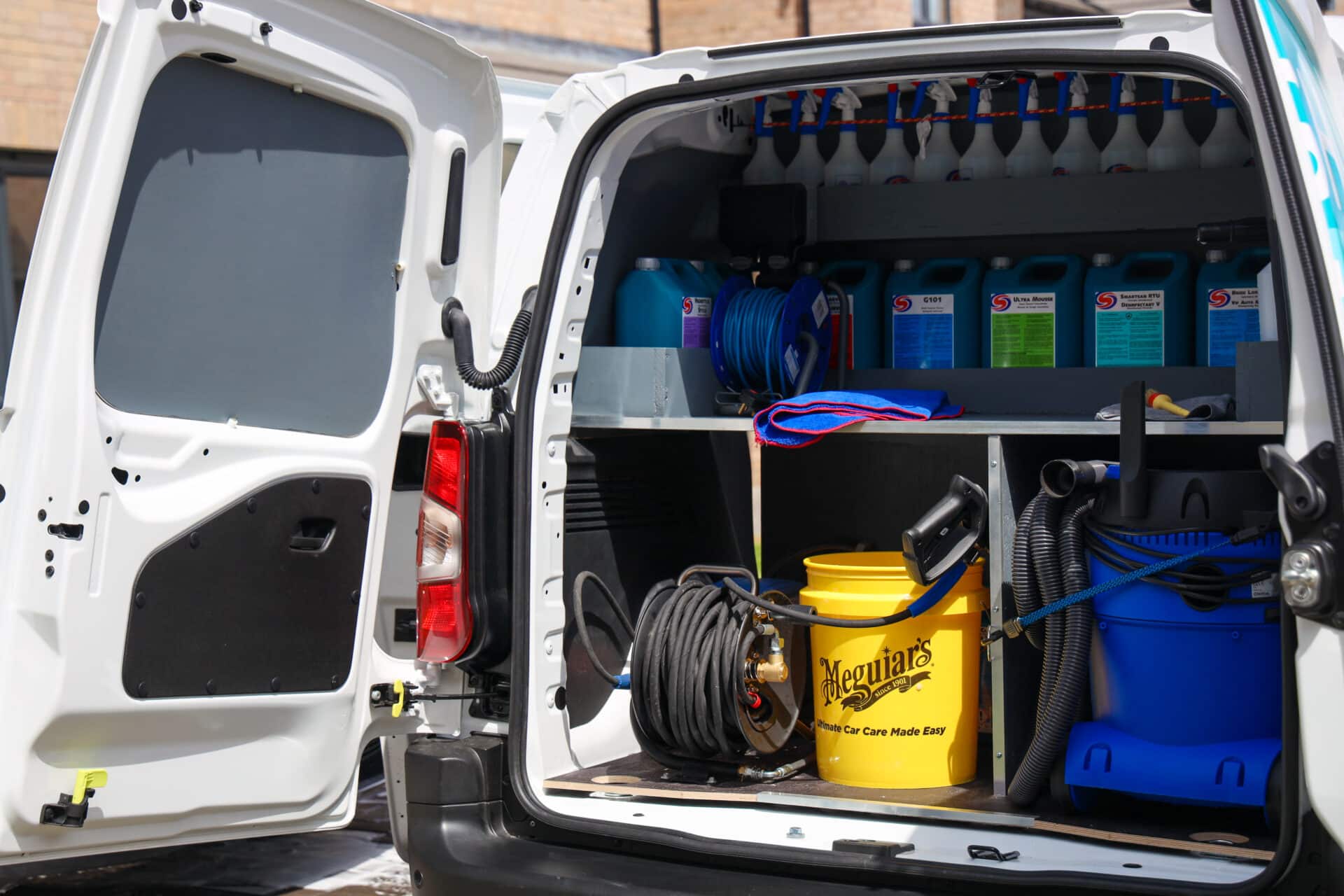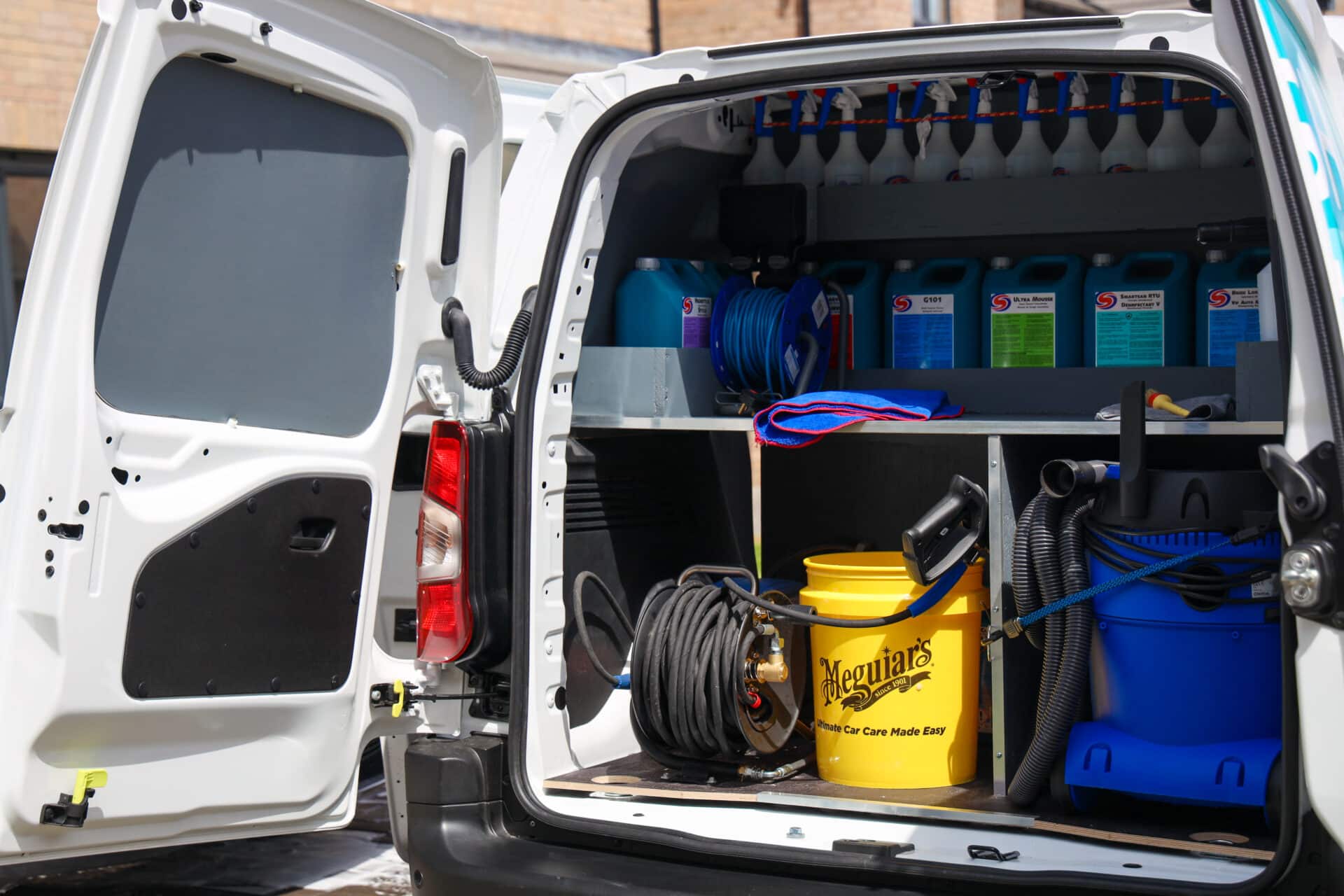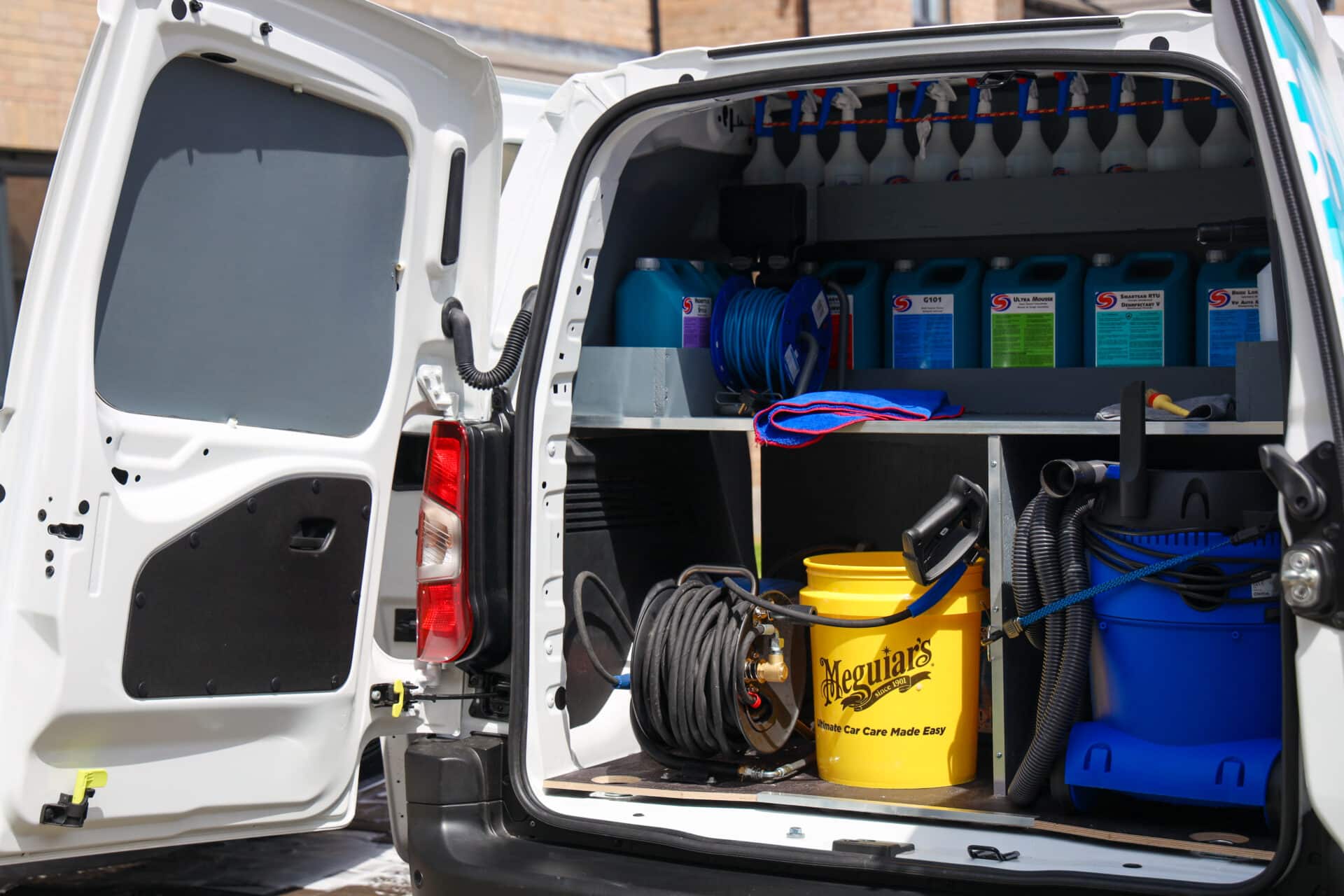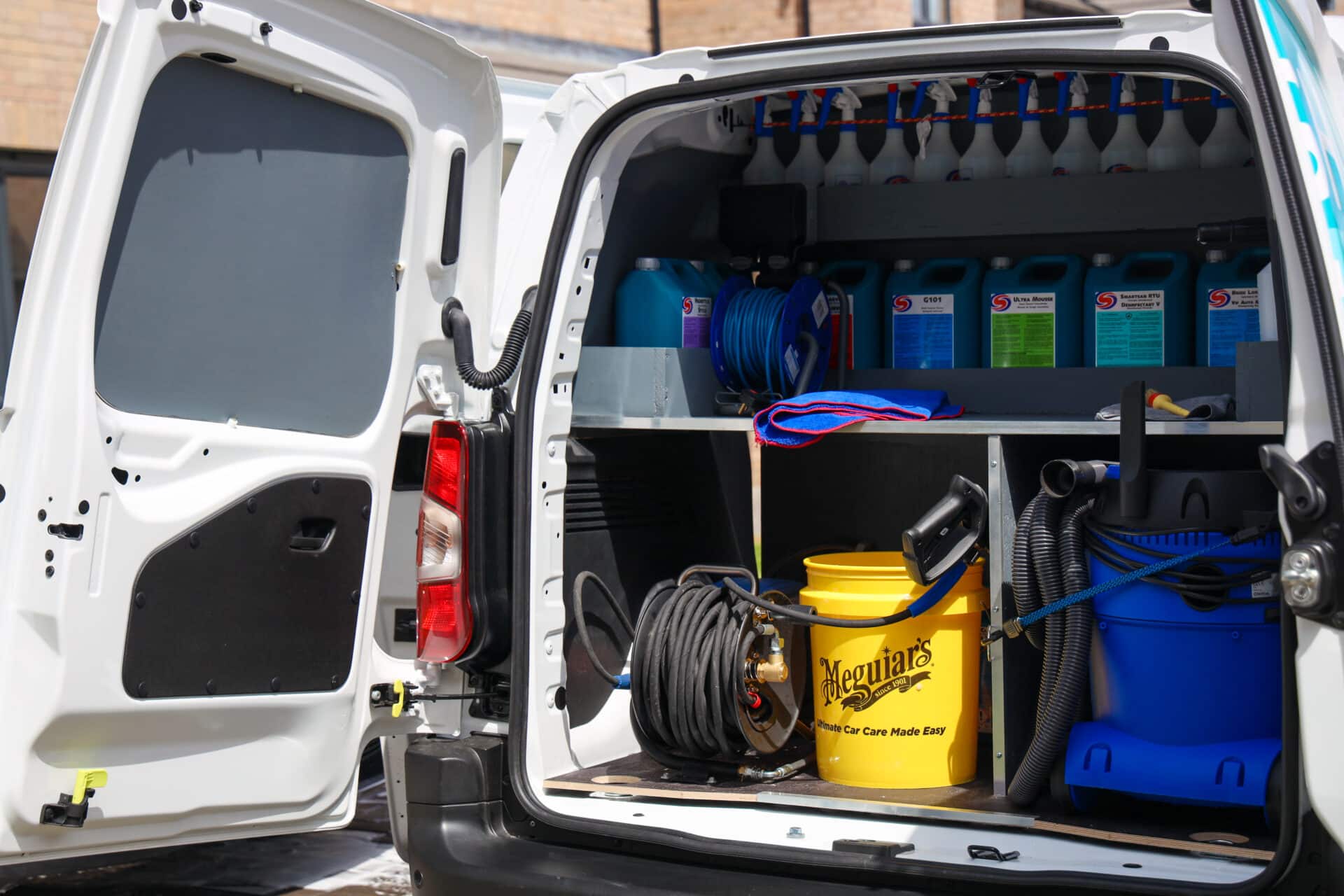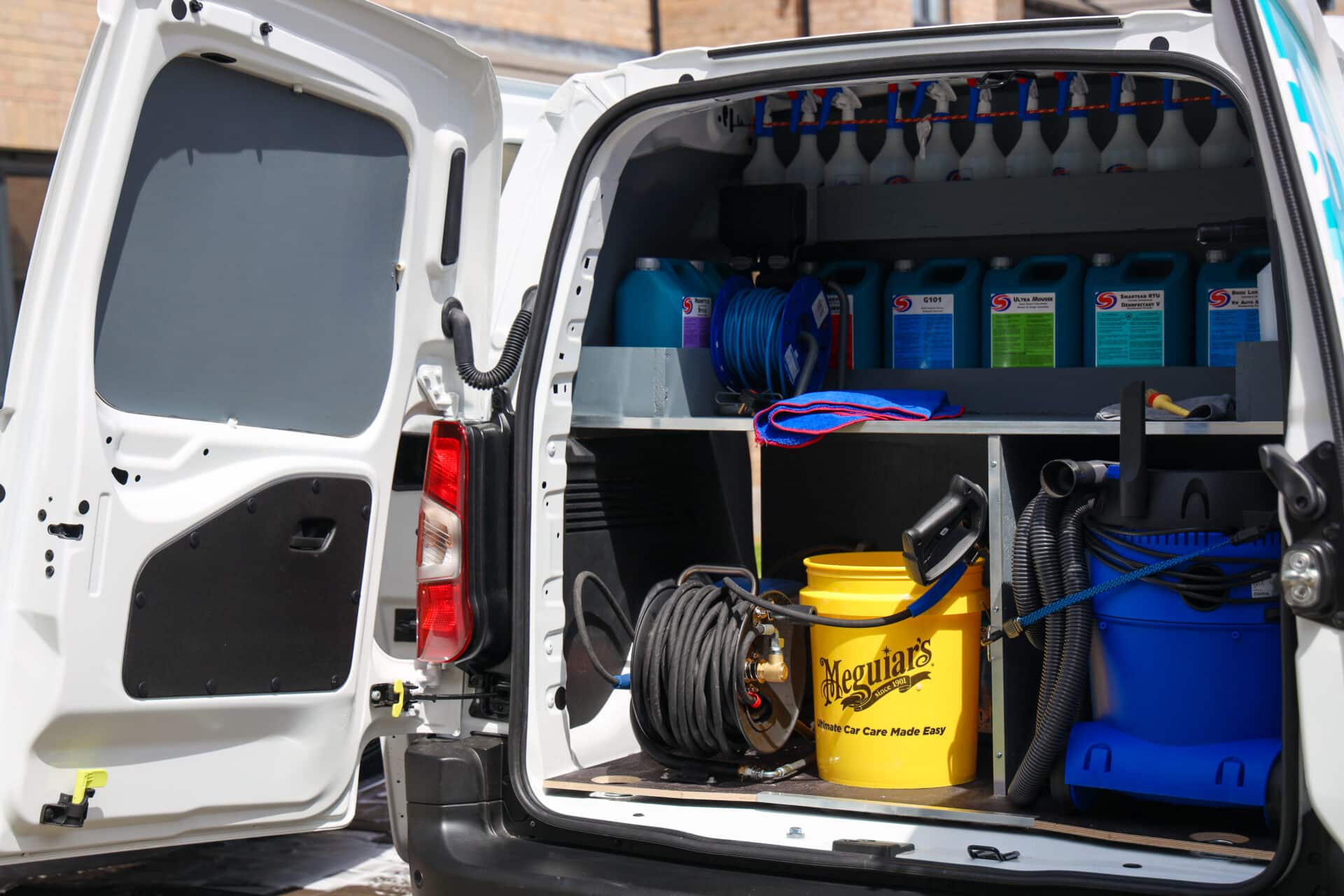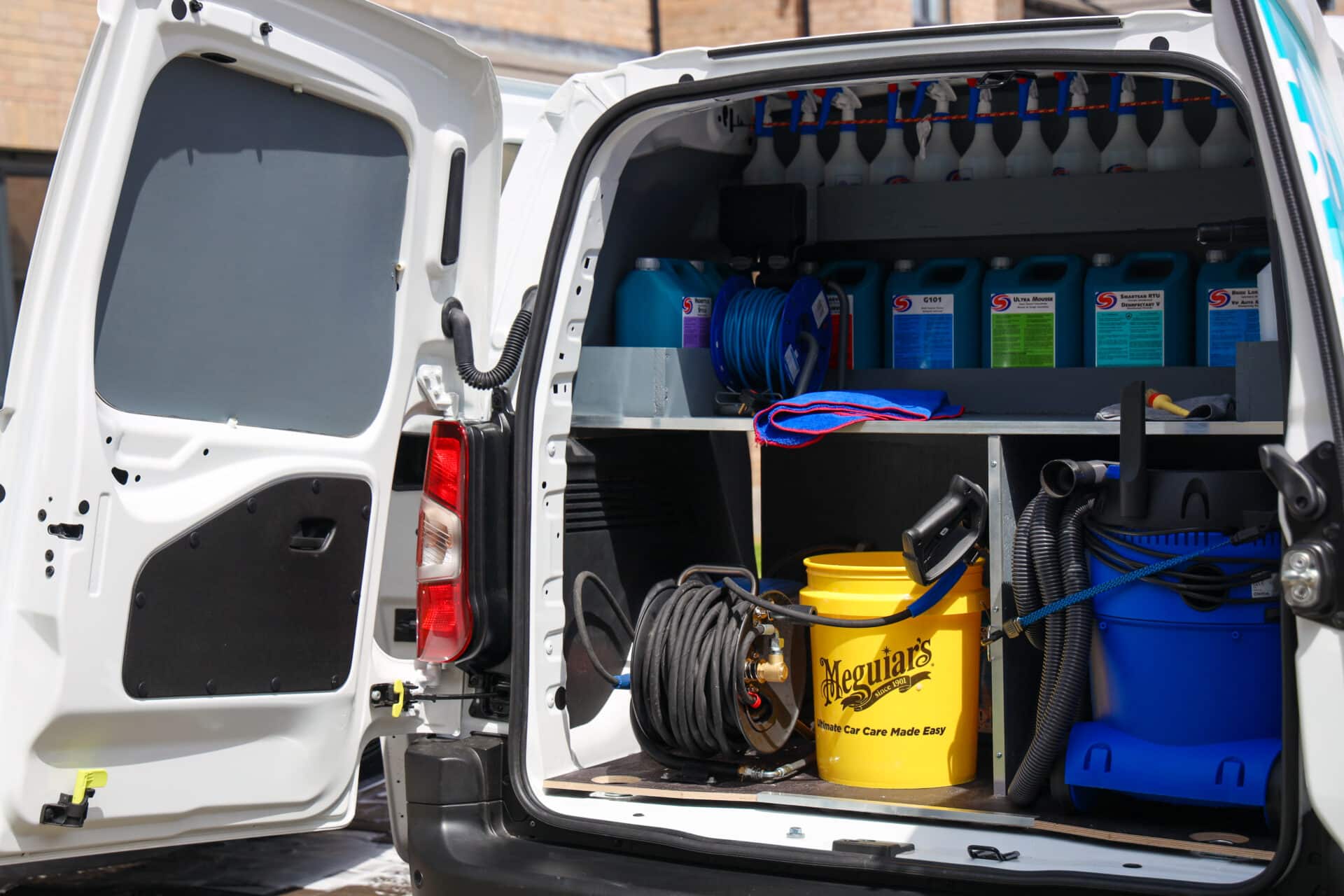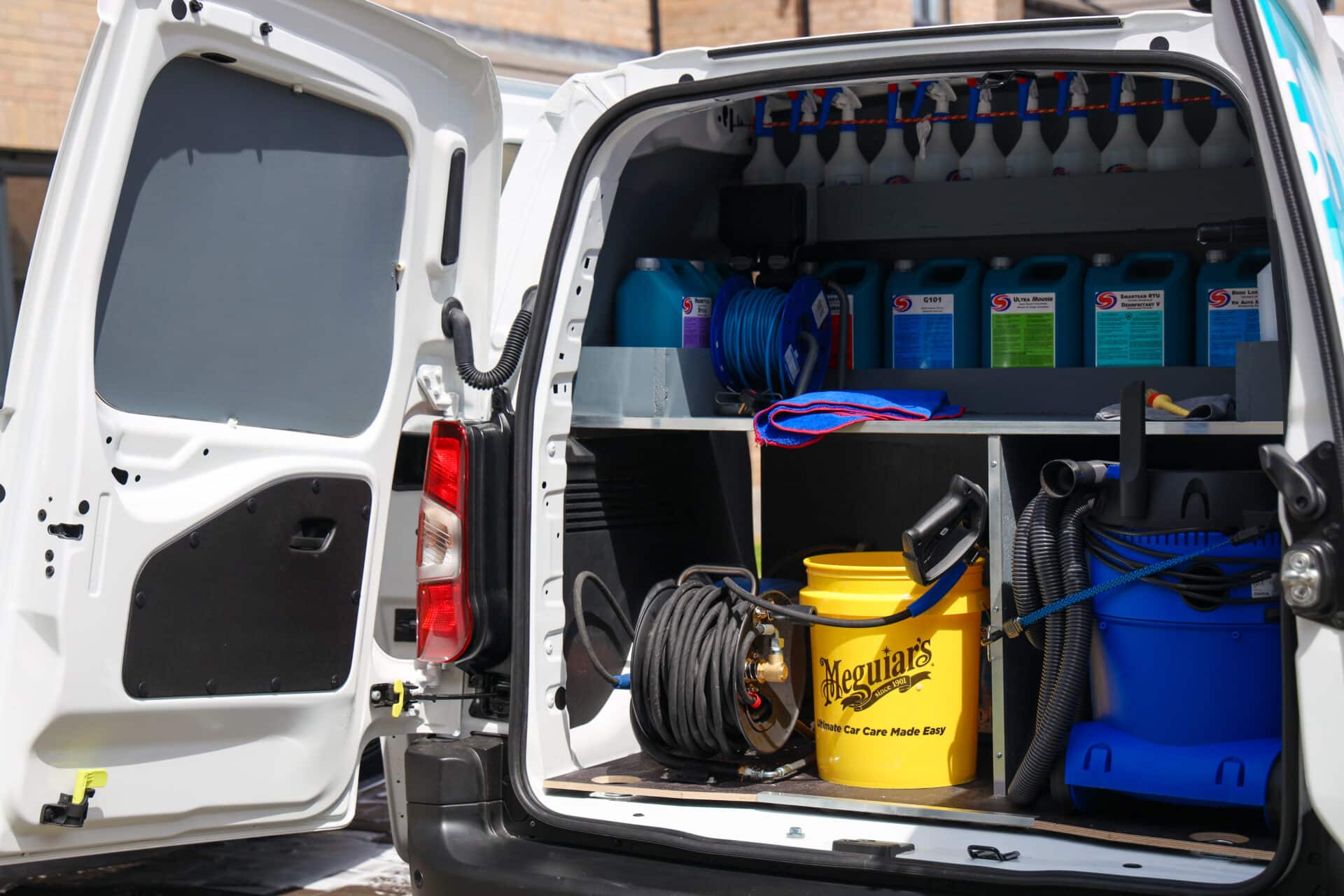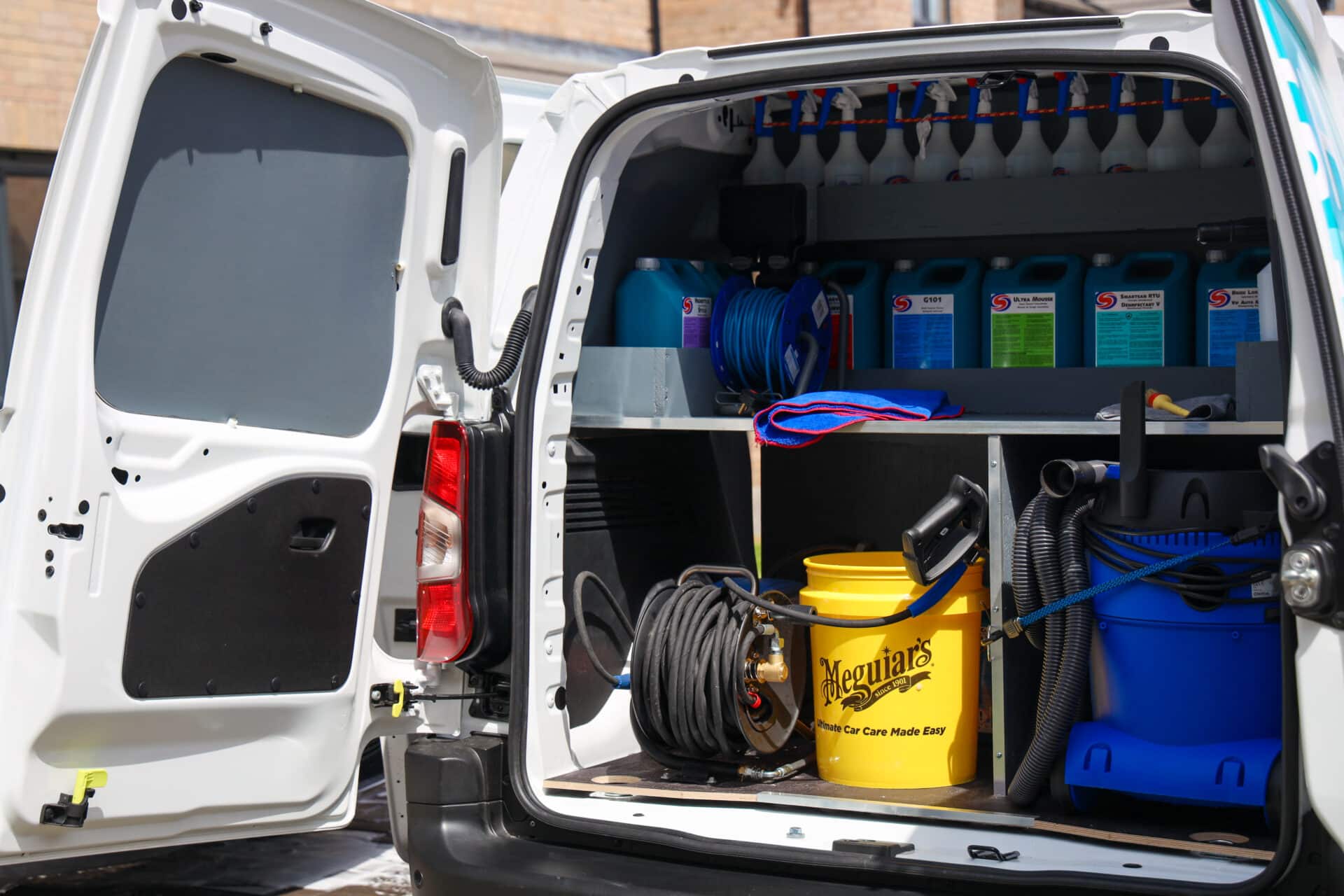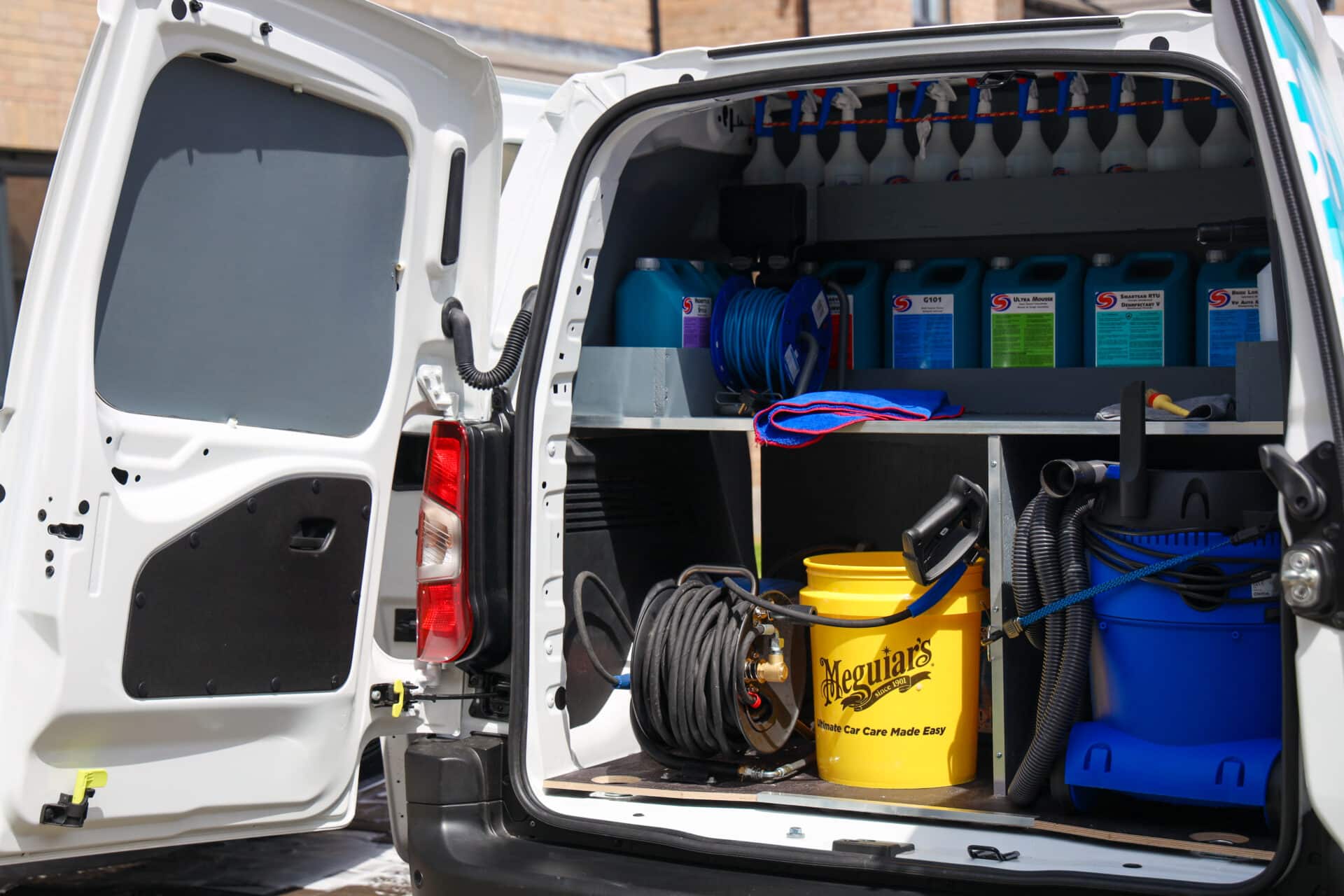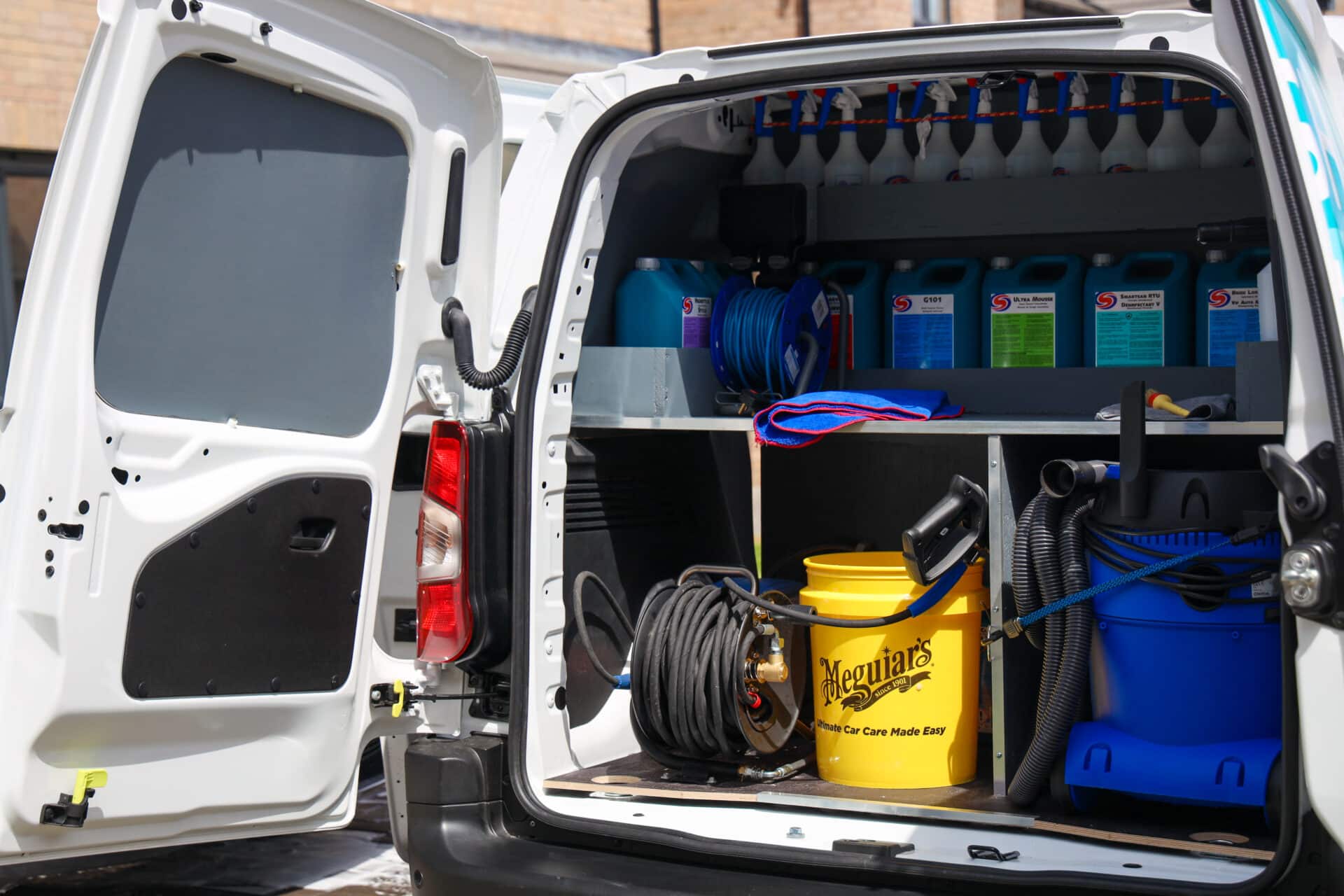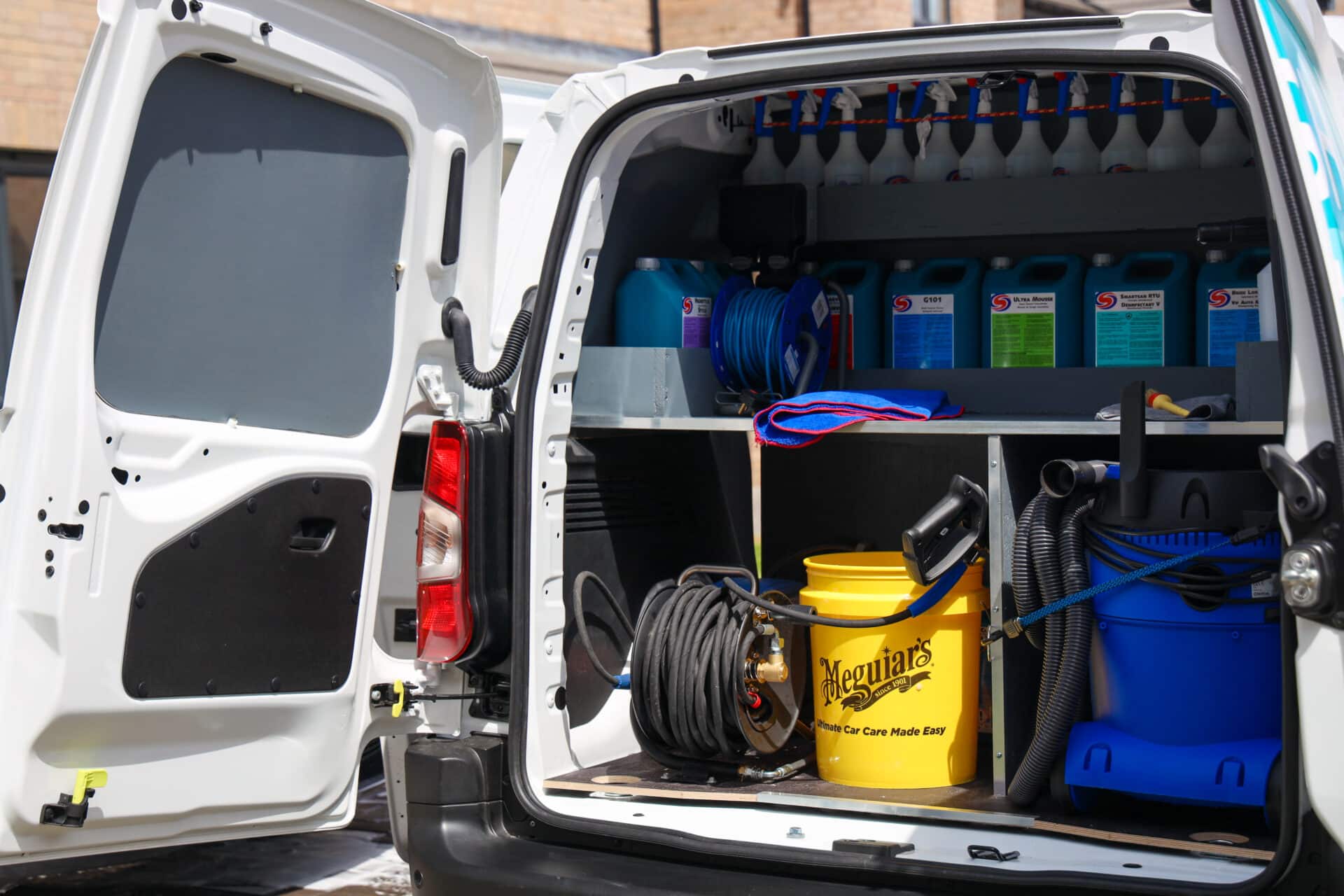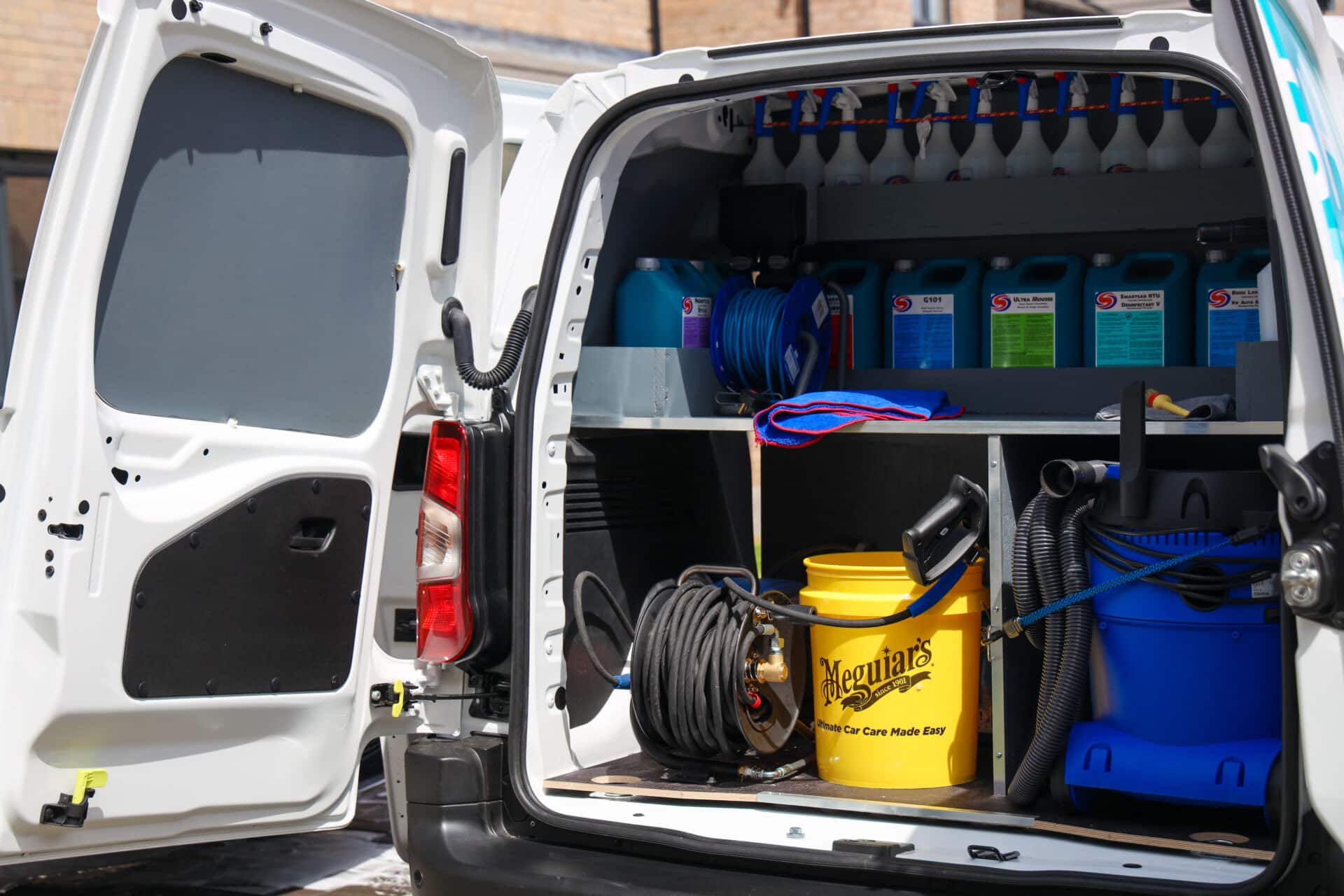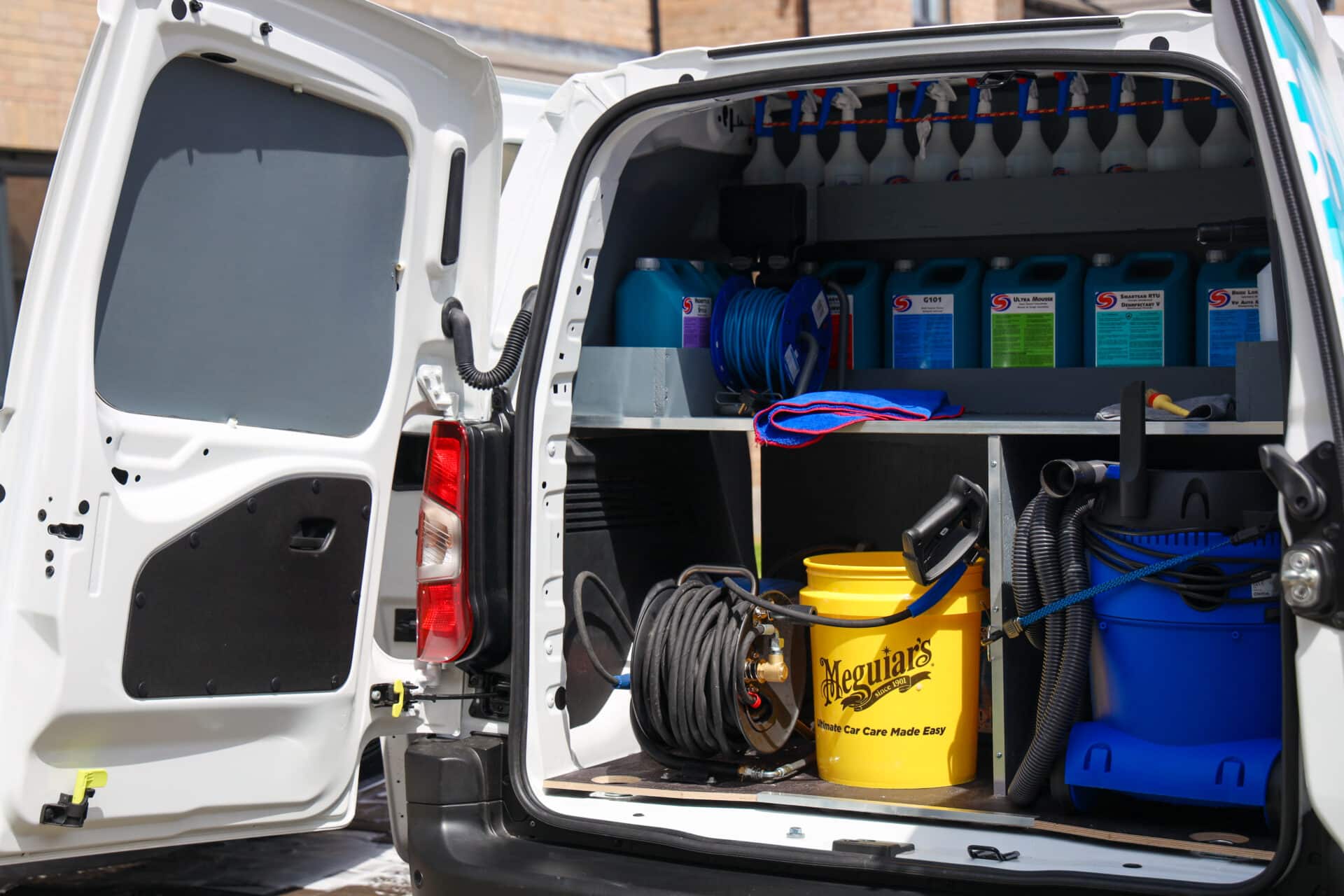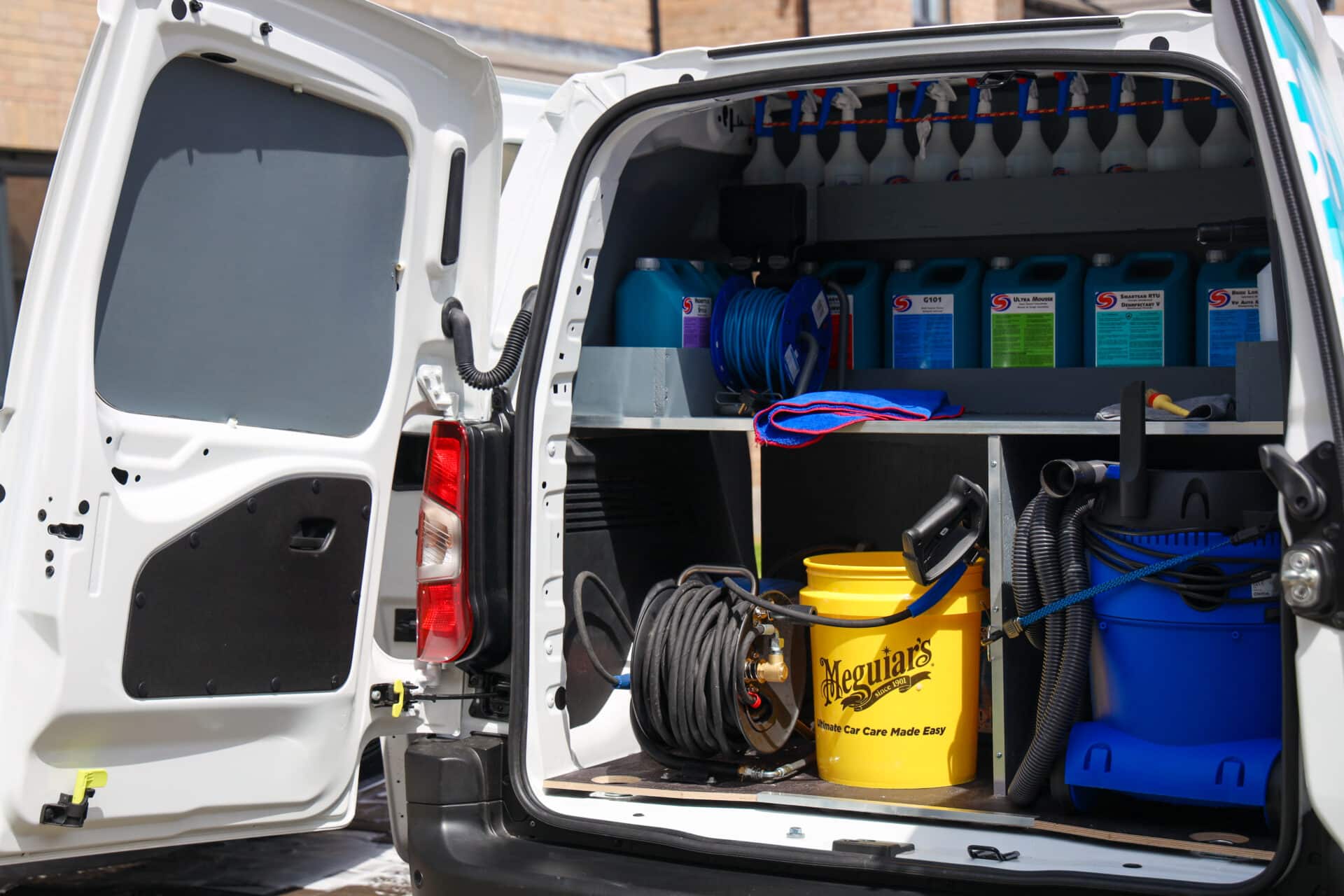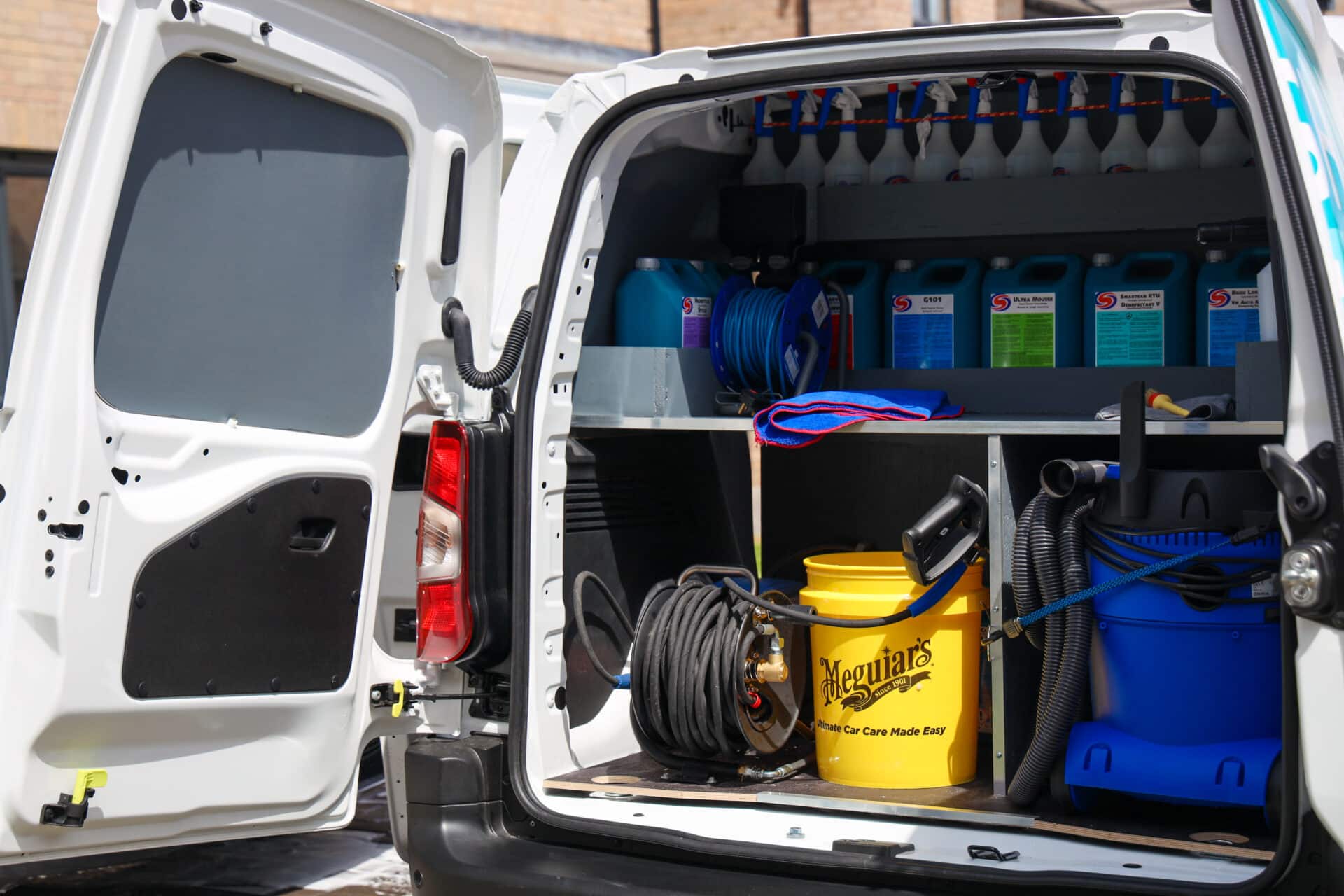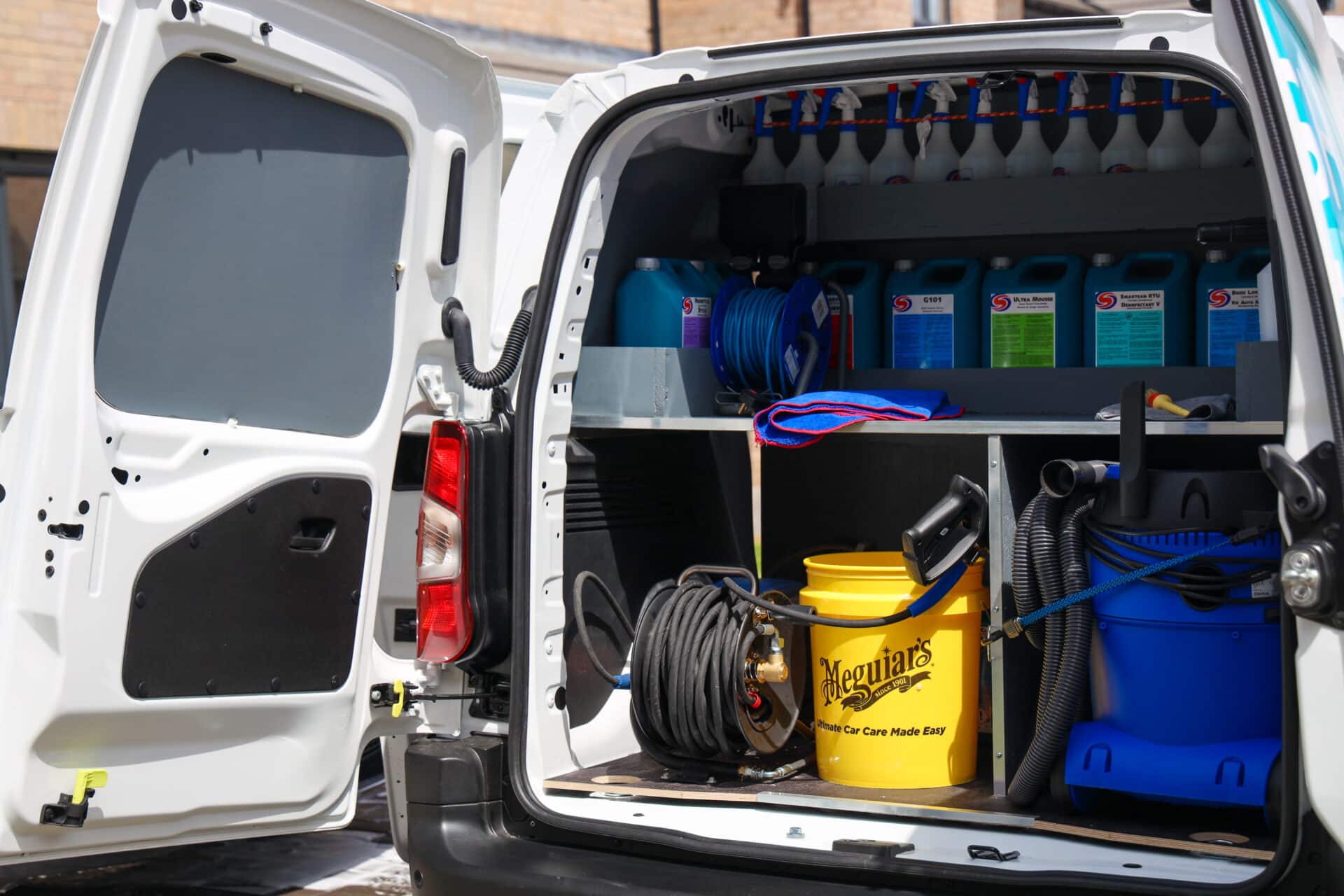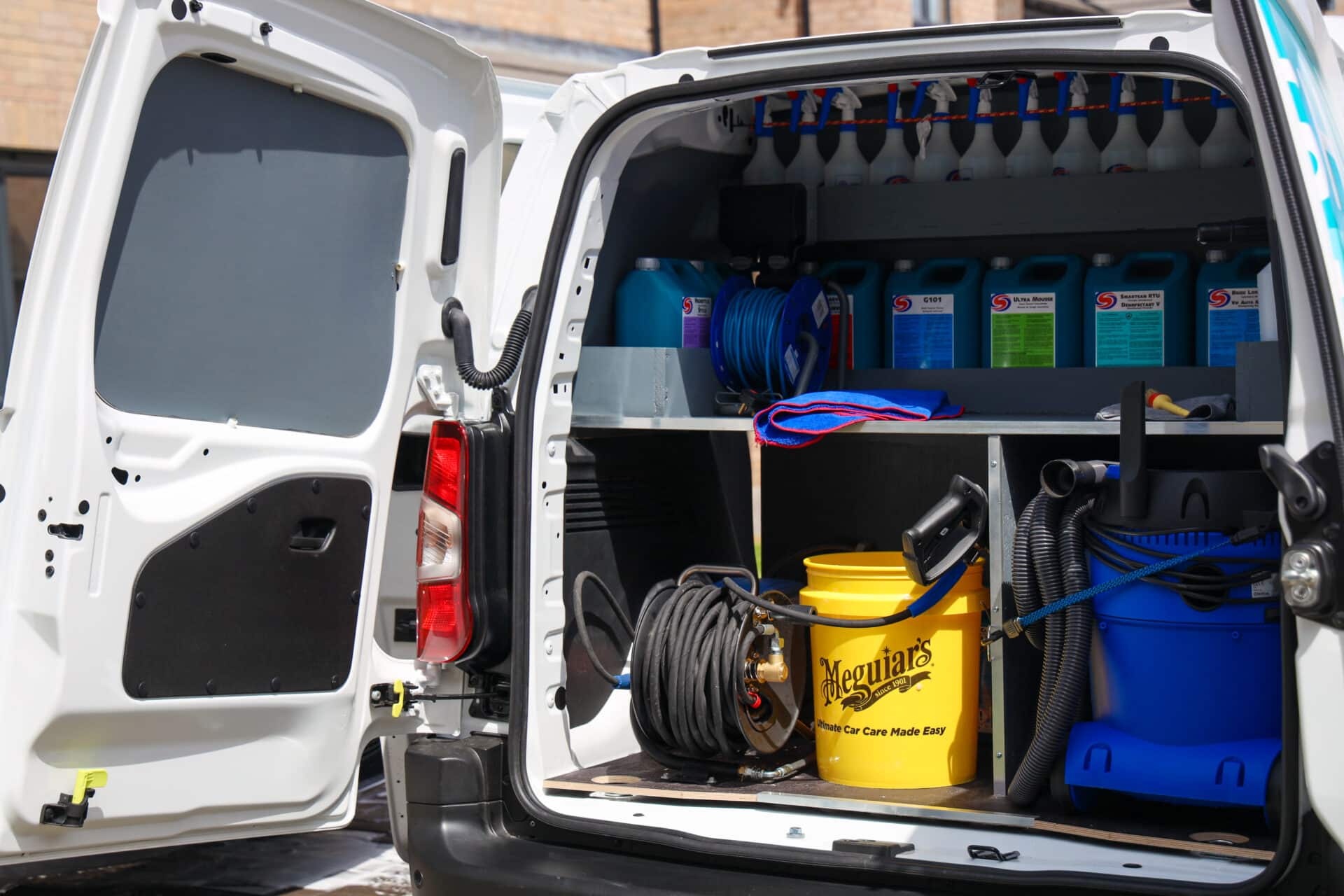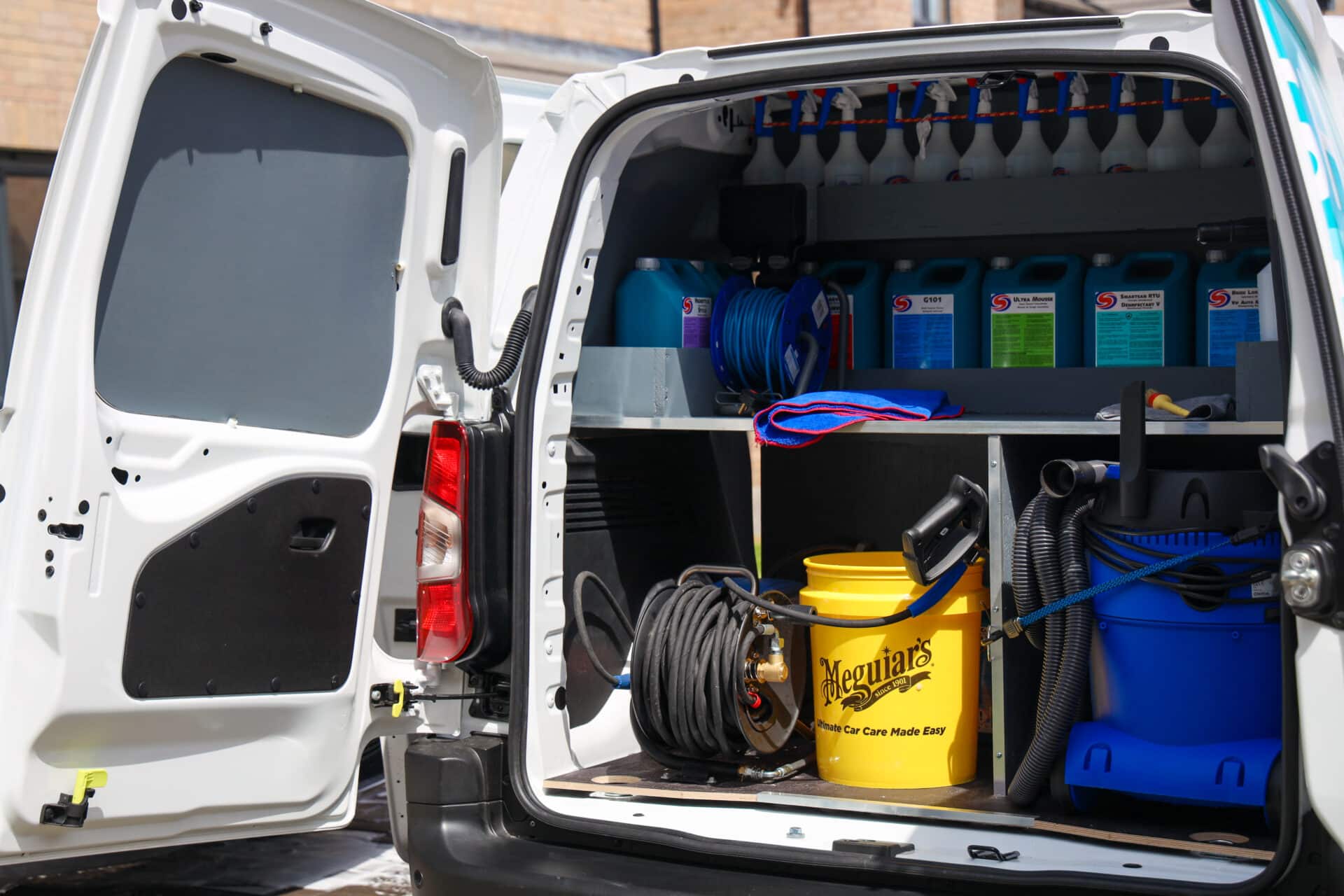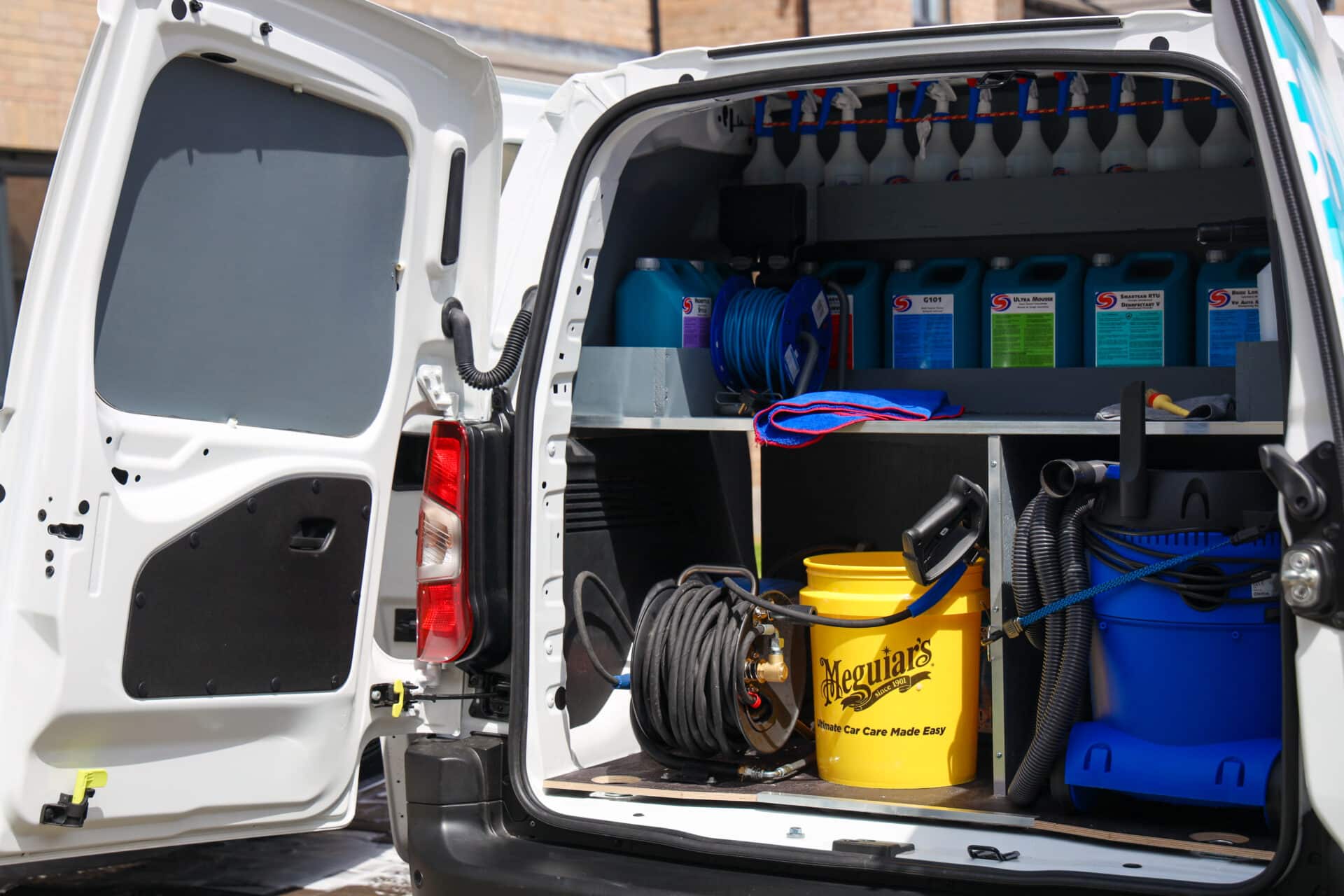Car valeting services have become increasingly popular across the UK, with mobile car valet businesses offering convenient on…
Car Valet Cyber Insurance: Essential Digital Protection for Mobile and Fixed Valet Services
In today's digital economy, car valet businesses face increasing cyber threats that could devastate their operations. From mobile payment systems to customer databases, modern valet services rely heavily on technology – making cyber insurance not just beneficial, but essential for business survival.
Understanding Cyber Risks in the Car Valet Industry
Car valet businesses, whether mobile or fixed-location services, handle significant amounts of sensitive data daily. Customer contact details, payment card information, vehicle registration numbers, and sometimes even home addresses create attractive targets for cybercriminals. A single data breach could expose hundreds or thousands of customer records, leading to substantial financial losses and irreparable reputation damage.
Modern valet services typically use digital booking systems, mobile payment processors, customer relationship management software, and often GPS tracking for mobile services. Each digital touchpoint represents a potential vulnerability that criminals can exploit.
Common Cyber Threats Facing Car Valet Businesses
Data breaches represent the most significant threat, particularly when customer payment details are compromised. Ransomware attacks can lock valet businesses out of their booking systems, preventing them from scheduling appointments or accessing customer information. Phishing attacks targeting staff members can provide criminals with system access credentials.
Mobile valet services face additional risks through their use of tablets, smartphones, and portable payment devices. These mobile technologies are particularly vulnerable to theft or loss, potentially exposing customer data stored on the devices.
Business email compromise attacks can trick staff into transferring funds or sharing sensitive information with criminals posing as legitimate customers or suppliers. Social engineering attacks exploit human psychology to gain unauthorized access to systems or information.
Essential Cyber Insurance Coverage for Car Valet Services
Comprehensive cyber insurance for car valet businesses should include data breach response coverage, helping manage the immediate aftermath of a security incident. This includes forensic investigation costs, legal expenses, customer notification requirements, and credit monitoring services for affected customers.
Business interruption coverage proves crucial when cyber incidents disrupt operations. If ransomware locks you out of booking systems or a data breach forces temporary closure, this coverage helps replace lost income during the recovery period.
Cyber liability protection covers legal costs and damages when customer data is compromised. With GDPR fines potentially reaching millions of pounds, this protection is essential for any business handling personal data.
Technology errors and omissions coverage protects against claims arising from system failures or software malfunctions that affect customer service delivery.
Regulatory Compliance and Legal Requirements
Car valet businesses must comply with GDPR regulations when handling customer personal data. This includes implementing appropriate security measures, reporting breaches within 72 hours, and potentially facing substantial fines for non-compliance.
Payment Card Industry Data Security Standard (PCI DSS) compliance is mandatory for businesses processing card payments. Failure to maintain compliance can result in fines from payment processors and increased liability in the event of a breach.
Industry-specific regulations may apply depending on your location and service type. Some areas require specific insurance coverage levels or security standards for businesses handling customer vehicles and data.
Risk Assessment for Car Valet Operations
Mobile valet services face unique risks through their distributed operations. Staff working at customer locations may use unsecured Wi-Fi networks or work in areas with limited physical security. Portable devices and equipment create additional theft and loss risks.
Fixed-location valet services typically have better physical security but may process higher volumes of transactions, creating larger potential exposure in the event of a breach. Shared facilities or partnerships with other businesses can introduce additional vulnerabilities.
Seasonal variations in business volume can affect cyber risk levels. Peak periods may strain systems and increase the likelihood of errors or security oversights.
Choosing the Right Cyber Insurance Policy
Coverage limits should reflect your business size, customer volume, and potential exposure. Consider the cost of notifying customers, providing credit monitoring, and managing business interruption when determining appropriate limits.
Deductibles affect both premium costs and out-of-pocket expenses during a claim. Higher deductibles reduce premiums but increase your financial responsibility when incidents occur.
Policy exclusions require careful review. Some policies exclude certain types of attacks or limit coverage for specific scenarios. Ensure your policy covers the risks most relevant to your business operations.
Prevention and Risk Mitigation Strategies
Strong password policies and multi-factor authentication significantly reduce unauthorized access risks. Regular software updates and security patches address known vulnerabilities before criminals can exploit them.
Staff training programs help employees recognize and respond appropriately to phishing attempts and social engineering attacks. Regular training updates ensure awareness of evolving threats.
Secure payment processing through reputable providers reduces exposure to payment card data breaches. Avoid storing card details unnecessarily and ensure PCI DSS compliance.
Data backup and recovery procedures ensure business continuity even after successful attacks. Regular testing confirms backups work properly and recovery procedures are effective.
Claims Process and Response Procedures
Immediate response protocols should include isolating affected systems, preserving evidence, and contacting your insurance provider. Quick action can limit damage and demonstrate due diligence to regulators and customers.
Professional incident response services, often included in cyber insurance policies, provide expert guidance during the critical first hours after an incident. These specialists can help contain breaches and begin recovery efforts.
Customer communication strategies should balance transparency with legal requirements. Your insurance provider can help craft appropriate messages that maintain customer confidence while meeting regulatory obligations.
Cost Considerations and Premium Factors
Business size and revenue levels significantly influence premium costs. Larger operations with more customers and higher transaction volumes typically face higher premiums due to increased exposure.
Security measures and risk management practices can reduce premiums. Insurers often offer discounts for businesses demonstrating strong cybersecurity practices and regular security assessments.
Claims history affects future premiums. Businesses with previous cyber incidents may face higher costs, while those with clean records often qualify for preferred rates.
Industry-Specific Considerations
Luxury car valet services may face higher risks due to their affluent customer base and premium service expectations. High-net-worth individuals are often targeted by sophisticated cybercriminals.
Fleet valet services managing multiple vehicles simultaneously handle larger volumes of customer data, increasing potential exposure and insurance requirements.
Partnership arrangements with car dealerships, hotels, or other businesses can create additional cyber risks through shared systems or data access requirements.
Future Trends and Emerging Risks
Internet of Things (IoT) devices in modern vehicles create new attack vectors. As cars become more connected, valet services may need to consider risks associated with vehicle technology systems.
Artificial intelligence and automated booking systems introduce new vulnerabilities while improving efficiency. Balancing technological advancement with security requirements becomes increasingly important.
Regulatory changes continue evolving, with governments worldwide strengthening data protection requirements and increasing penalties for breaches.
Benefits of Comprehensive Cyber Insurance
Financial protection against potentially devastating costs helps ensure business survival after major incidents. Without insurance, even small breaches can create overwhelming expenses.
Professional support during incidents provides access to specialized expertise that most small businesses cannot afford independently. This support often proves invaluable during crisis situations.
Customer confidence increases when businesses demonstrate commitment to data protection through comprehensive insurance coverage. This can become a competitive advantage in marketing efforts.
Frequently Asked Questions
What cyber risks do car valet businesses face?
Car valet businesses face data breach risks from customer information exposure, ransomware attacks on booking systems, payment card fraud, business email compromise, and mobile device theft or loss.
Is cyber insurance mandatory for car valet services?
While not legally required, cyber insurance is highly recommended due to GDPR compliance requirements, PCI DSS obligations for card processing, and the potentially devastating costs of data breaches.
How much does cyber insurance cost for car valet businesses?
Costs vary based on business size, revenue, security measures, and coverage limits. Small valet operations might pay £500-£2,000 annually, while larger businesses could pay significantly more.
What should cyber insurance cover for valet services?
Essential coverage includes data breach response, business interruption, cyber liability, technology errors and omissions, and regulatory fine coverage where permitted.
How can car valet businesses reduce cyber risks?
Implement strong password policies, use multi-factor authentication, maintain software updates, train staff on security awareness, secure payment processing, and maintain regular data backups.
What happens if customer payment data is breached?
You must notify affected customers and relevant authorities within required timeframes, provide credit monitoring services, potentially face regulatory fines, and manage legal liability claims.
Do mobile valet services need different cyber coverage?
Mobile services face additional risks from portable devices and working in unsecured locations, potentially requiring enhanced coverage for mobile technology and remote working risks.
How quickly must data breaches be reported?
GDPR requires breach notification to authorities within 72 hours of discovery, with customer notification required without undue delay when high risk to individuals exists.
Can cyber insurance help with GDPR compliance?
Yes, many policies include GDPR compliance support, regulatory fine coverage where permitted, and breach response services that help meet notification and remediation requirements.
What information should be included in incident response plans?
Plans should include contact details for insurance providers and incident response specialists, system isolation procedures, evidence preservation steps, and customer communication protocols.
Are there industry-specific cyber insurance policies for car valet businesses?
While not always industry-specific, insurers offer policies tailored to small businesses with customer data exposure, which can be customized for car valet operations.
How do insurers assess cyber risk for car valet businesses?
Insurers evaluate business size, revenue, customer volume, security measures, staff training, payment processing methods, and previous incident history when determining risk levels.
What's excluded from typical cyber insurance policies?
Common exclusions include intentional acts by employees, war and terrorism, infrastructure failures, and sometimes specific types of social engineering attacks.
Should car valet businesses consider additional technology insurance?
Depending on operations, additional coverage for equipment breakdown, technology errors and omissions, or professional indemnity might be beneficial alongside cyber insurance.
How can businesses demonstrate good cyber security practices to insurers?
Maintain documented security policies, provide regular staff training, implement multi-factor authentication, conduct security assessments, and maintain incident response plans.
Car valet businesses operating in today's digital environment cannot afford to ignore cyber risks. Comprehensive cyber insurance provides essential protection against increasingly sophisticated threats while supporting regulatory compliance and customer confidence. The relatively modest cost of coverage pales in comparison to the potentially devastating expenses of a major cyber incident.
Contact Insure24 today at 0330 127 2333 to discuss your car valet business's cyber insurance needs and ensure your operations remain protected against evolving digital threats.


 0330 127 2333
0330 127 2333
